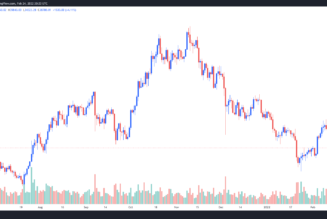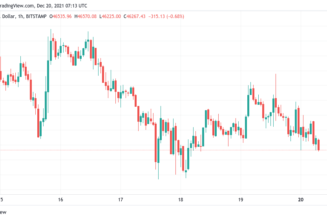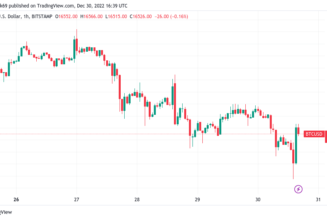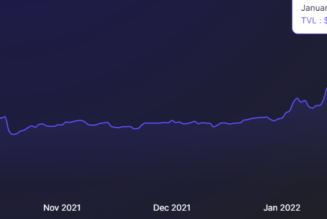
As you might expect, this depends on how complex a smart contract is.
According to Hacken, this can extend to $500,000 for larger projects where there are more lines of code — not least because of the additional engineering hours it’ll take.
The company argues these costs pale into comparison with the economic damage that a smart contract vulnerability can bring.
Hacken cites data showing that, in 2021, 80% of the incidents affecting decentralized applications related to smart contracts — with losses hitting $6.9 billion.
Breaking this down even further, and we can see that the average cost per project stands at $47 million. Somehow, $500,000 looks a lot less expensive now.
Overall, 60% of its clients have been based on Ethereum so far in 2022.
And here’s the difference it can make — after an audit, at least one critical bug was uncovered in 80% of projects. But Hacken says just 75% have fully acted on an audit report in the past — with the remainder ignoring the conclusions, or only taking a small number of recommendations into account. As a result, they had a lower security score.
 [flexi-common-toolbar] [flexi-form class=”flexi_form_style” title=”Submit to Flexi” name=”my_form” ajax=”true”][flexi-form-tag type=”post_title” class=”fl-input” title=”Title” value=”” required=”true”][flexi-form-tag type=”category” title=”Select category”][flexi-form-tag type=”tag” title=”Insert tag”][flexi-form-tag type=”article” class=”fl-textarea” title=”Description” ][flexi-form-tag type=”file” title=”Select file” required=”true”][flexi-form-tag type=”submit” name=”submit” value=”Submit Now”] [/flexi-form]
[flexi-common-toolbar] [flexi-form class=”flexi_form_style” title=”Submit to Flexi” name=”my_form” ajax=”true”][flexi-form-tag type=”post_title” class=”fl-input” title=”Title” value=”” required=”true”][flexi-form-tag type=”category” title=”Select category”][flexi-form-tag type=”tag” title=”Insert tag”][flexi-form-tag type=”article” class=”fl-textarea” title=”Description” ][flexi-form-tag type=”file” title=”Select file” required=”true”][flexi-form-tag type=”submit” name=”submit” value=”Submit Now”] [/flexi-form]










Tagged: Audit, crypto blog, Crypto news, cybersecurity, Enterprise Ethereum Alliance, Ethereum, Exploit, hack, Hacken, Scams, Security, smart contract, Solana, Vulnerabilities